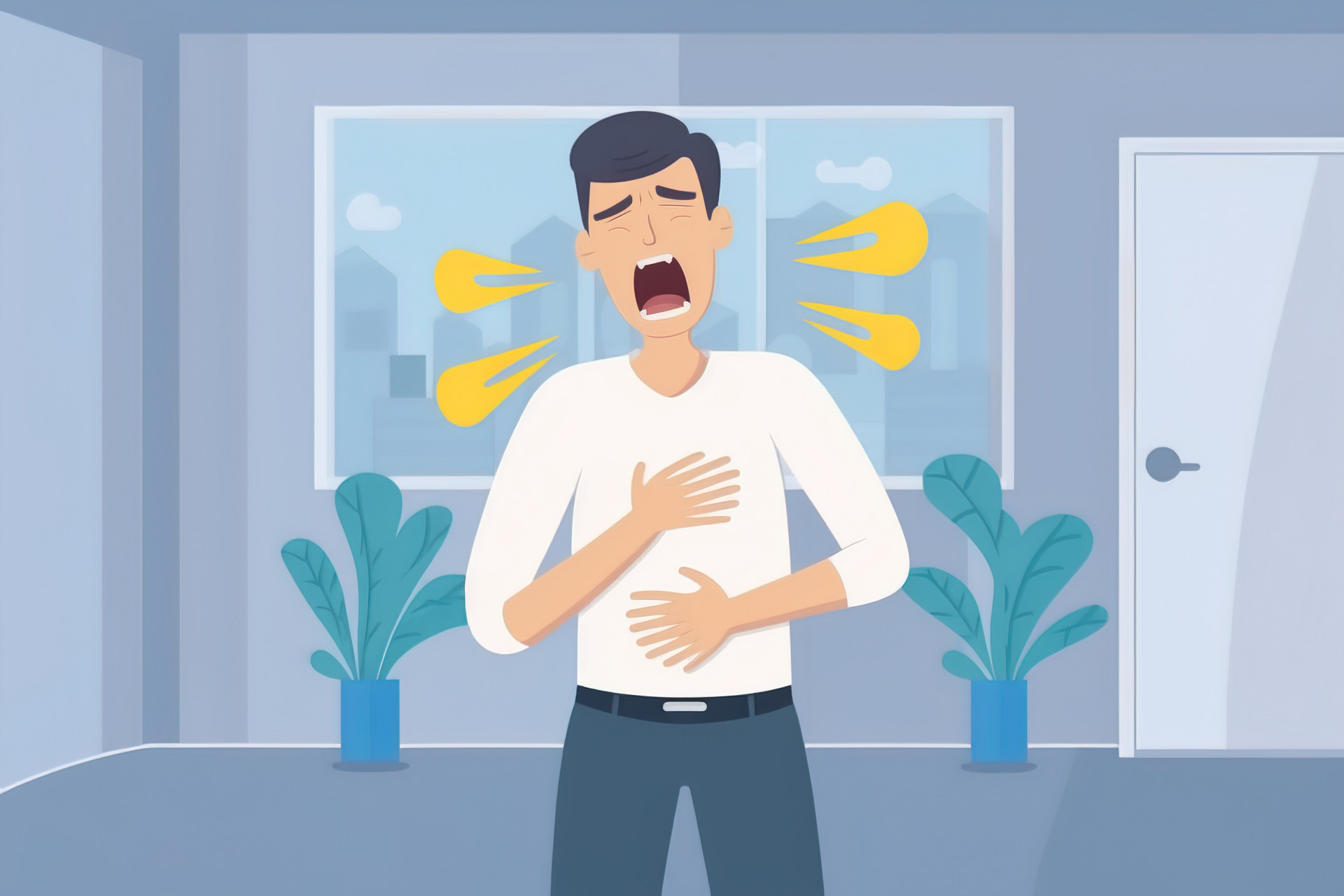
Many people say that alcohol tolerance can be developed, but this statement is not reasonable.
In traditional Chinese medicine, alcohol is not only a beverage, but also a type of medicine. It has the effects of warming and invigorating blood vessels, resolving stagnation, promoting bone and joint health, and expelling cold and dampness. Since ancient times, there has been a saying that "alcohol is the best among all medicines." Therefore, drinking alcohol in small or moderate amounts can indeed help expel pathogenic factors and promote health.
However, alcohol is made from "cereal grains" and is considered by traditional Chinese medicine as having "strong and clear qualities, sweet taste, and warm nature." Long-term and excessive alcohol consumption can lead to the accumulation of dampness and heat, the production of phlegm, and the coagulation of blood stasis, which can impair the functions of multiple systems in the body. The main areas of damage include:
(1) When alcohol is consumed, it directly stimulates the mucous membrane of the digestive tract. The higher the alcohol content and the more alcohol consumed, the more pronounced the stimulation. This can cause esophagitis, gastritis, and other symptoms such as burning sensation and bloating in the stomach, and decreased appetite.
(2) Alcohol is a type of anesthetic. Long-term and excessive alcohol consumption can lead to chronic alcohol poisoning, resulting in symptoms such as memory loss, impaired orientation, muscle tremors, and hallucinations.
(3) Long-term and excessive alcohol consumption increases the risk of liver disease. Data shows that consuming 150 grams of alcohol per day can lead to fatty liver within a year, and after 16 years, it can cause alcoholic cirrhosis, significantly increasing the risk of liver cancer.
(4) Long-term and excessive alcohol consumption can also damage the heart, causing arrhythmia and inadequate blood supply to the coronary arteries. Additionally, due to the emotional excitement during alcohol consumption, it may lead to angina or myocardial infarction.
(5) Alcohol consumption also affects reproductive and sexual functions. Long-term alcohol consumption in men can lead to decreased sexual function, and even impotence. For pregnant women, alcohol consumption has a greater impact on the fetus, resulting in poor development, facial deformities, and low intelligence.








